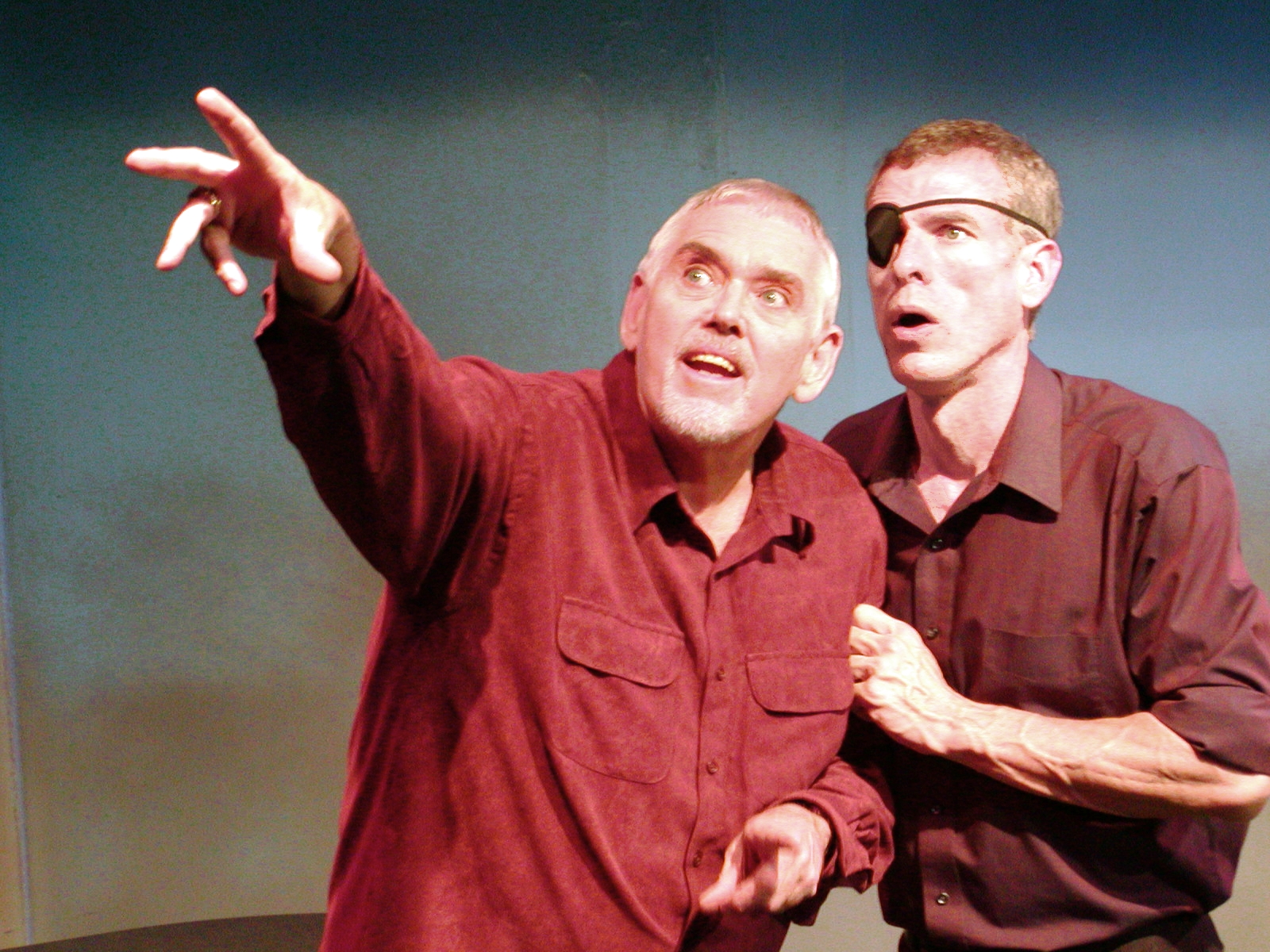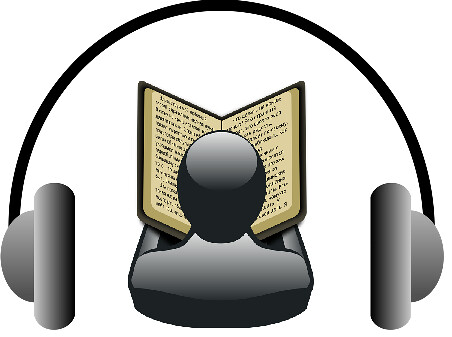In this blog post I will be answering some questions found on pg. 340 of
Writing Public Lives.
1. What are the key perspectives or schools of thought on the debate that you are studying?
Some of the key perspectives would be scholars in the English fields. Audiobooks rely on the written word in order to come to life so it would be important for them to analyze how audiobooks are transforming reading. Another key perspective would be from neuroscientists who would be able to examine how well the information is transmitted - are people able to retain more information through reading or listening? These two groups of people would be most important for understanding audiobook effects.
Here is a link to an article that discusses how information is retained through reading vs. listening. It discusses in depth an experiment conducted by Bill Bryson.
2. What are the major points of contention or major disagreements among these perspectives?
- Which way is more useful to retain information - listening or reading?
- Are audiobooks replacing printed books?
- Are audiobooks only successful because they are sensationalized through narration?
3. What are the possible points of agreement, or the possible common ground between these perspectives?
- Audiobooks have a positive environmental effect - digital, so they don't use trees
- Both audiobooks and printed books rely on the actual written word - however, the way the book is written may be better for printed vs. audiobook
4. What are the ideological differences, if any, between the perspectives?
Many people do not consider audiobooks as actual reading, because you are listening to the book rather than actually reading it and using your brain.
Here is an article by Barnes and Noble, one of the largest producers and sellers of audiobooks. In it they have people share their opinions on whether they believe audiobooks actually count as reading. They prompt people to comment with their own opinions.
5. What specific actions do their perspectives or texts ask their audience to take?
The perspectives prompt the audience to take a specific side - do they believe audiobooks count as actual reading or no? While they are technically books, simply spoken, it is up for debate. While the reader themselves aren't actually reading the book, someone else is reading it aloud for them and they are listening in.
6. What perspectives are useful in supporting your own arguments about the issue? Why did you choose these?
I think both sides are essential in the argument. Some believe that audiobooks are considered reading, but it's important to understand whether information is retained in the same way through listening than through reading. And if they are the same, then what becomes of actual reading? I chose these two sides because they are the most prominent and controversial in this debate. In a sense, they both support and contradict each other which is very interesting to see. They both like books, content, and writing, but the way these books are transmitted is what is causing a debate.
7. What perspectives do you think will be the greatest threat to your argument? Why so?
The biggest threat to the argument is what is becoming of audiobooks. Are they seeing a sharp increase or decline? Whether audiobooks are here to stay is pretty important, as otherwise there really is no debate to begin with. The most important piece of this argument is whether there is evidence that information is transmitted one way better than the other, or if it just depends on the person.
EDIT:
For this reflection I read
Alex's and
Evan's blog posts. Both Alex and Evan had pretty differing, strong opinions. Alex's was about whether performance-enhancing drugs should be legal. People feel very strongly about one side. Same with Evan's, who was about outsourcing jobs. Although the general consensus from the public was that it was a bad idea. If anything, my controversy seems very relaxed. It's not a matter of life or death. It's simply about audiobooks. However, it could ultimately change the literary world forever.





















.jpg)


